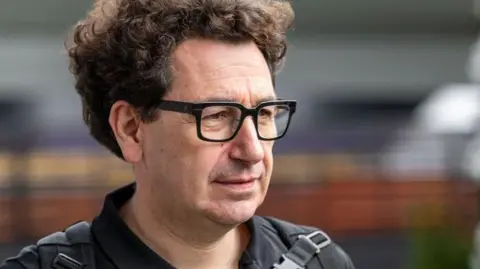Audi has announced its second major shake‑up of Formula 1 leadership in under a year as it accelerates preparations for its factory‑backed debut in 2026. The German marque has eliminated the chief executive role for its F1 project and elevated Mattia Binotto, formerly chief operating and technical officer, to Head of the Audi F1 Project.
Binotto, who joined Audi in July 2024 after a decade at Ferrari, will now oversee both the chassis and power‑unit divisions across Audi’s Hinwil design centre in Switzerland and its Neuburg an der Donau engine plant in Germany. “This streamlined structure brings clarity to our technical operations and sharpens decision‑making,” said an Audi spokesperson.
Departing the project is CEO Adam Baker, whose responsibilities on the engine side are being transferred to newly appointed chief operating officer Christian Foyer. Foyer—a seasoned power‑unit specialist—will lead process optimisation and oversee prototype testing as Audi ramps up development under the FIA’s new 50:50 hybrid power‑ratio regulations set to take effect in 2026.
“As we enter the next phase, Christian brings the expertise needed to meet the stringent performance and sustainability targets of the upcoming era,” Audi chairman Gernot Döllner commented.
Audi’s dual‑site project currently operates under the Sauber banner on the grid, with team principal Jonathan Wheatley, recruited from Red Bull last month, maintaining control of race‑day operations, driver management, and sporting governance. Under the revised hierarchy, Binotto will concentrate on integration of design, manufacture, and cross‑site collaboration, while Wheatley focuses exclusively on track performance.
In a further bid to capitalize on local expertise, Audi is scouting for a small UK facility in the so‑called “motorsport valley” of south‑east England to support its design and simulation teams. The move mirrors strategies of rival manufacturers that have long tapped into Britain’s rich engineering talent.
Audi’s rapid leadership changes follow the departure of former F1 chief Andreas Seidl in late 2023 and are intended to fuse the prowess of a factory team with the agility required to hit the ground running. With the final 2026 technical regulations due for confirmation at June’s FIA World Motor Sport Council meeting, Audi’s restructured management faces its next challenge: delivering a competitive race car for its highly anticipated first season.



